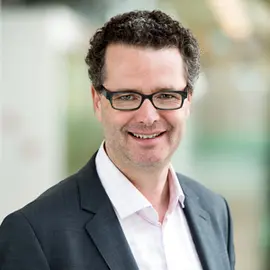Organisational Communication and Public Spheres
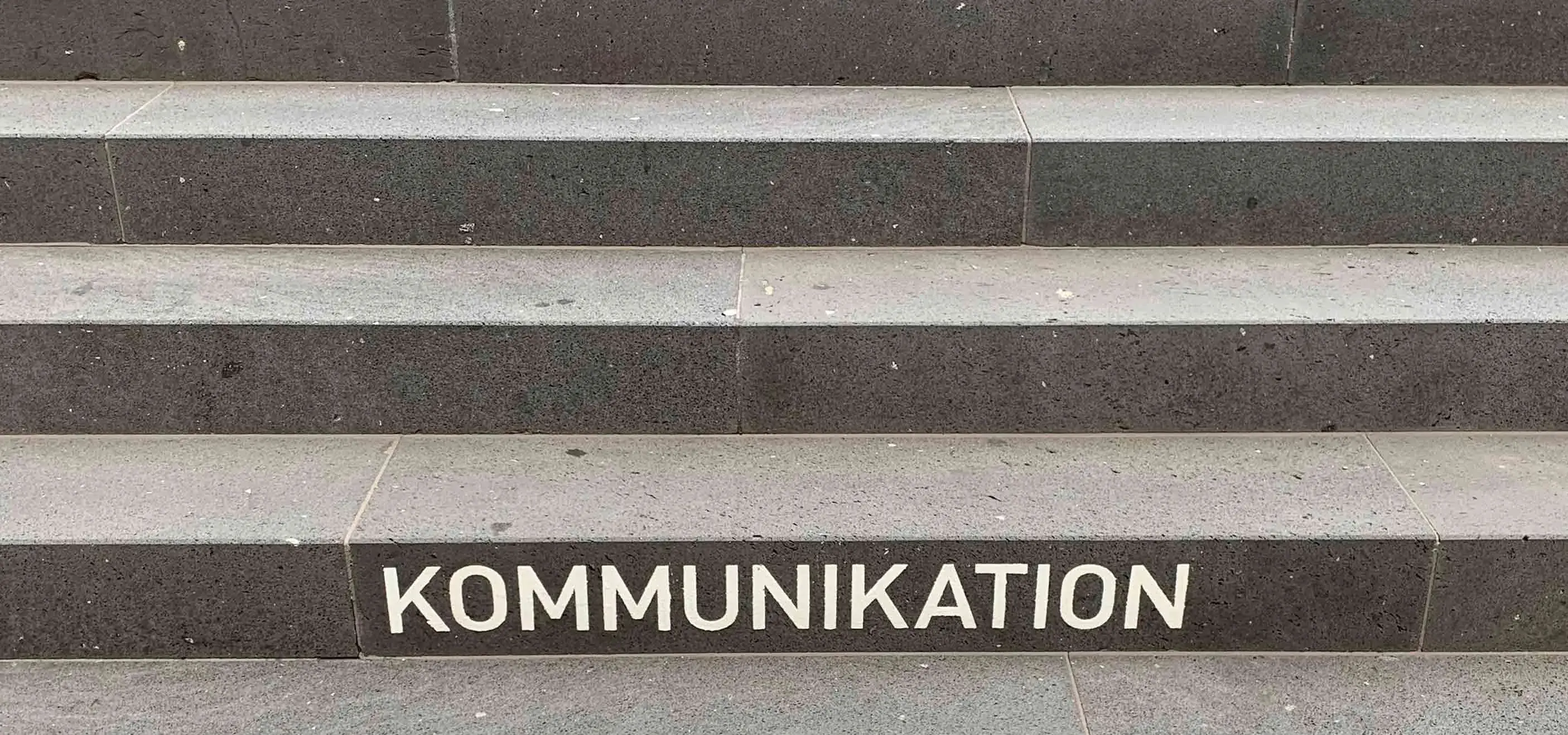
In the professorship of Organisational Communication and Public Spheres, we investigate how language use in society creates added value. Together with project partners, we research and develop practices for public storytelling, management and strategic communication, and governance. This enables us to discover how individual communication solutions, processes and contributions to discourses can be designed to ensure an organisation’s success. Our findings act as a catalyst for advancing research because digitalisation and societal change are highlighting the importance of language use for organisations. We enable people in communication professions and teams with communication tasks to reflect on practices and to contribute to the development of their companies.
In focus
Management communication
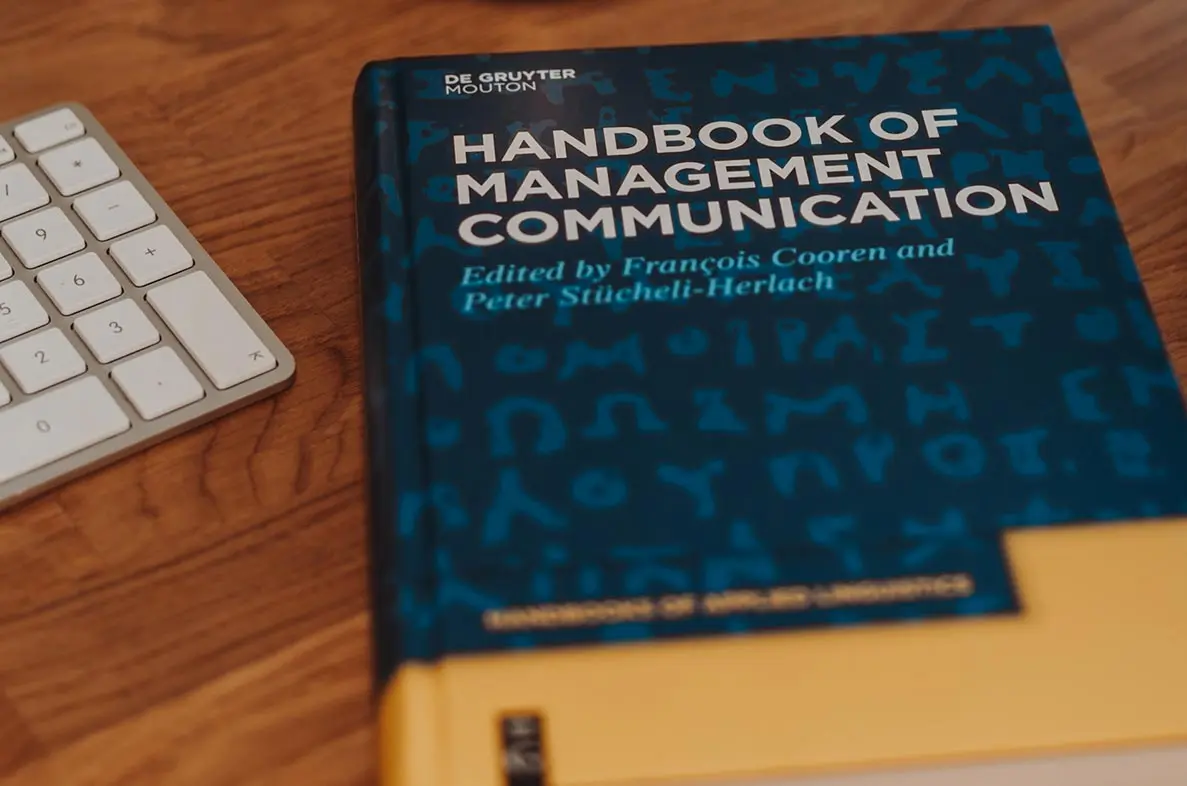
The "Handbook of Management Communication" was published in 2021, with 54 authors from 14 countries across 4 different continents presenting and discussing various theoretical approaches and practical cases. They show how the use of language can drive value creation in the modern world of organisation.
Energy discourses in Switzerland
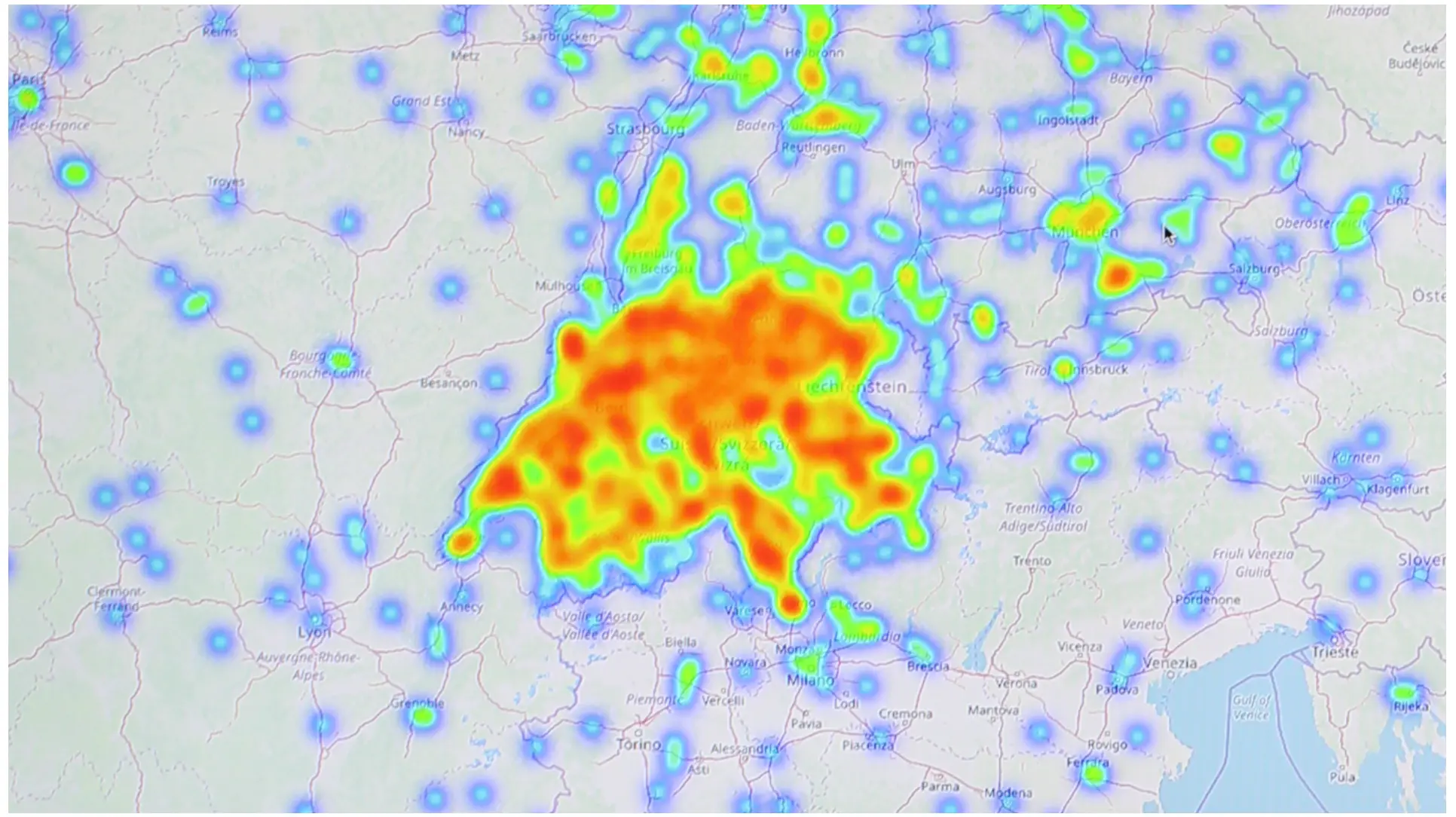
This project, which was funded by the Swiss Federal Office of Energy, investigated public discourses on the future of energy over several years. In doing so, it placed a focus on democratic dialogue, the use of keywords, multilingualism and methods of strategic environment monitoring.
Strategic communication in the VUCA world
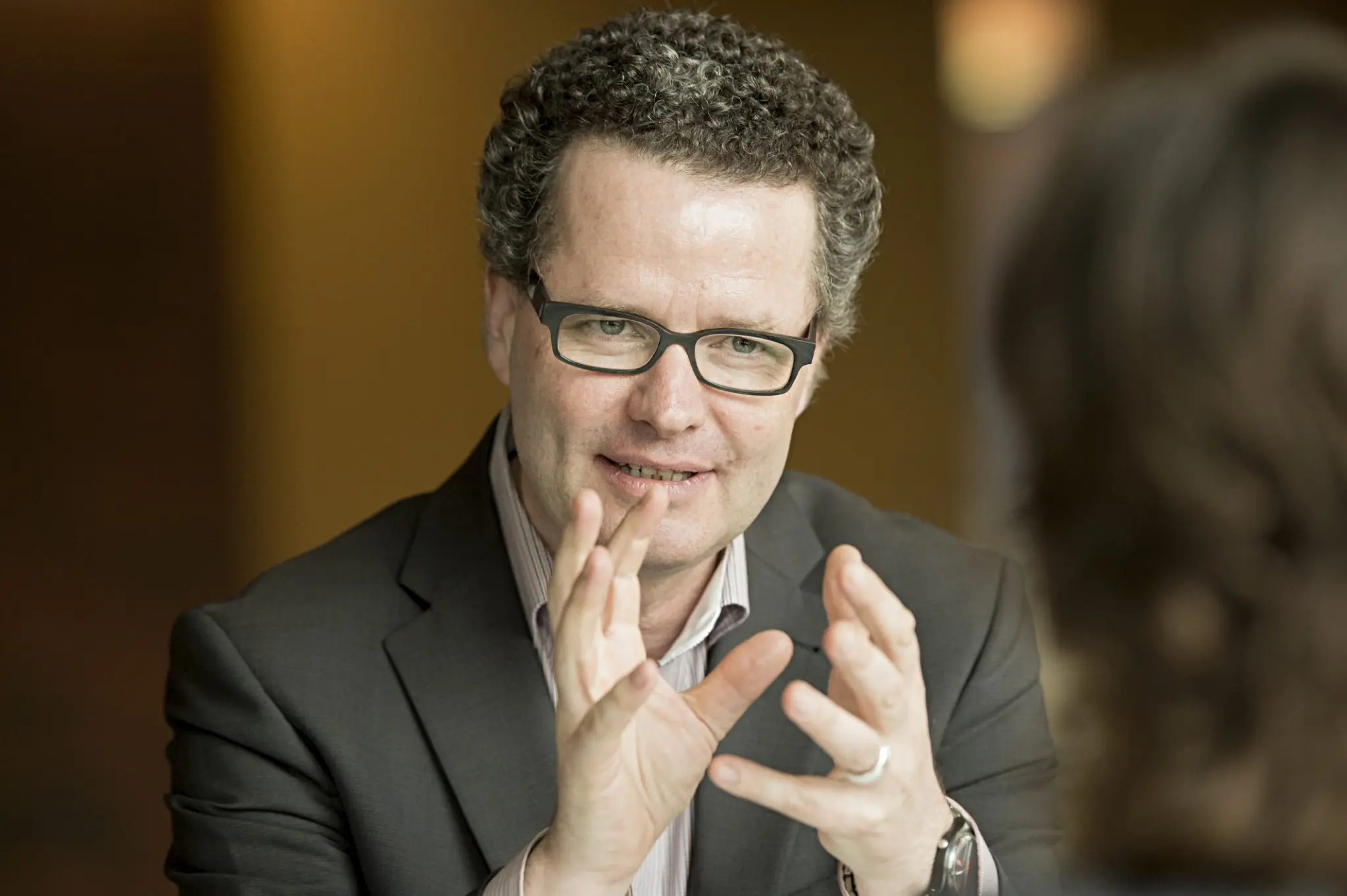
The coronavirus pandemic has confronted companies with challenges. It has also become clear that the conditions for strategic communication have permanently changed. A blog post and media report highlight experiences and perspectives.
Digital Discourse Lab
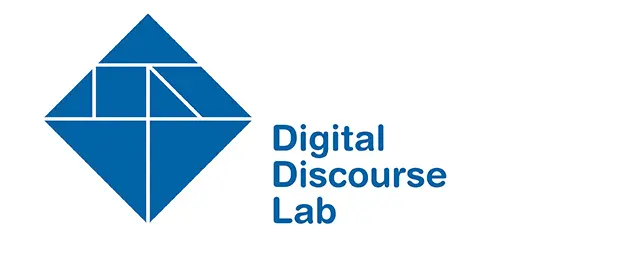
The Digital Discourse Lab (together with the Professorship of Digital Linguistics) researches public discourses in controversial fields of communication. It advises its industrial and organisational partners on issues relating to the observation and analysis of a digitised environment and works with them to develop strategic solutions.
Projects
Unfortunately, no list of projects can be displayed here at the moment. Until the list is available again, the project search on the ZHAW homepage can be used.
Research-based teaching
The results and know-how from our research and consulting services are integrated into teaching in the BA in Communication and Media Studies and the MA in Language and Communication – in particular the Specialisation in Strategic Communication Management. We are also committed to lifelong learning, which is why we offer participants in full-time employment courses of study (the CAS Political Communication and the CAS Communications Consulting) that tackle developments in the sector and facilitate individual reflection and innovation.
